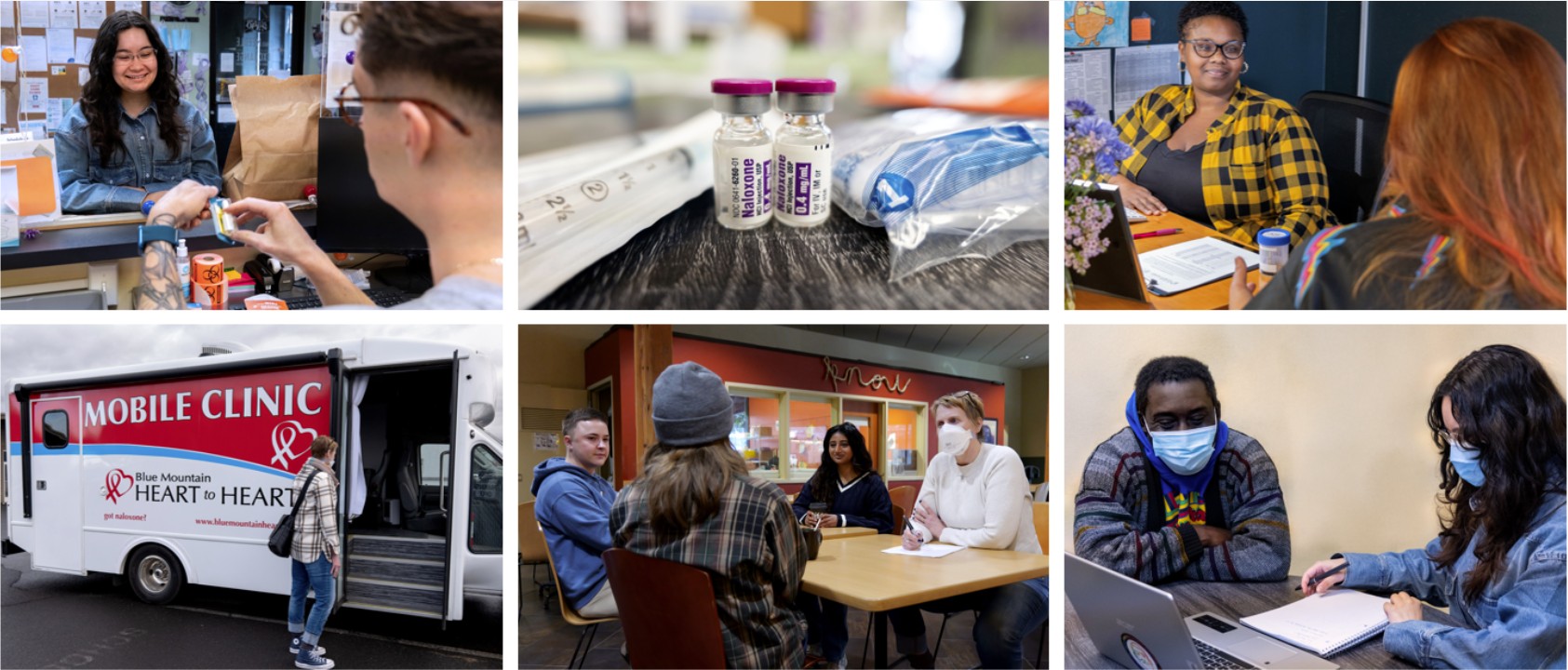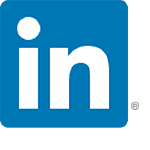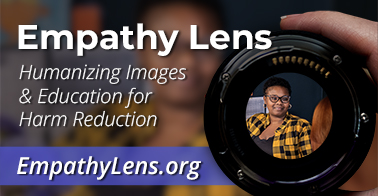Empathy Lens Collection: Humanizing Images & Education for Harm Reduction
04/07/2025ADAI is excited to announce that the Empathy Lens collection is here!
This FREE photo resource aims to reduce stigma against people who use drugs by promoting the use of realistic, respectful images in education, media, and other information outreach.
Pictures are powerful! They shape how we think and feel, sometimes without us realizing it. Research shows that stigmatizing images of people who use drugs reinforce harmful stereotypes that can worsen health inequities.
Finding realistic, high-quality images is hard, though! A lot of the photos available on commercial stock photo sites are dehumanizing and/or factually incorrect. That’s where EmpathyLens.org comes in!

The collection features a set of real-world, positive photos anyone can use for free! At EmpathyLens.org, you can search by keyword or category, learn about stigma, get tips on how to select good images, and find links to other free collections and resources.
Photos include syringe services program and harm reduction interactions, safer use supplies, mobile clinics, drug checking services, community health services, recovery supports, provider/patient interactions, and more! (With more images coming soon!)
Check the site out here, and help us spread the word about EmpathyLens.org!
We want to thank our friends at Blue Mountain Heart to Heart in Walla Walla, Tacoma Needle Exchange/Dave Purchase Project, and Recovery Cafe South Lake Union in Seattle, who very generously offered up both their spaces and themselves in support of this project. Many of the people in our photographs are staff at these vitally important organizations (no clients or patients were photographed for this project), and we are so grateful to everyone who participated in and boosted this little project up, as well as to these organizations, their staff, their clients, and so many others that do the work every day to make the world a little better for us all.
The Empathy Lens project was funded by the Network of the National Library of Medicine (NNLM). The content is solely the responsibility of the developers and does not necessarily represent the official views of the National Institutes of Health






